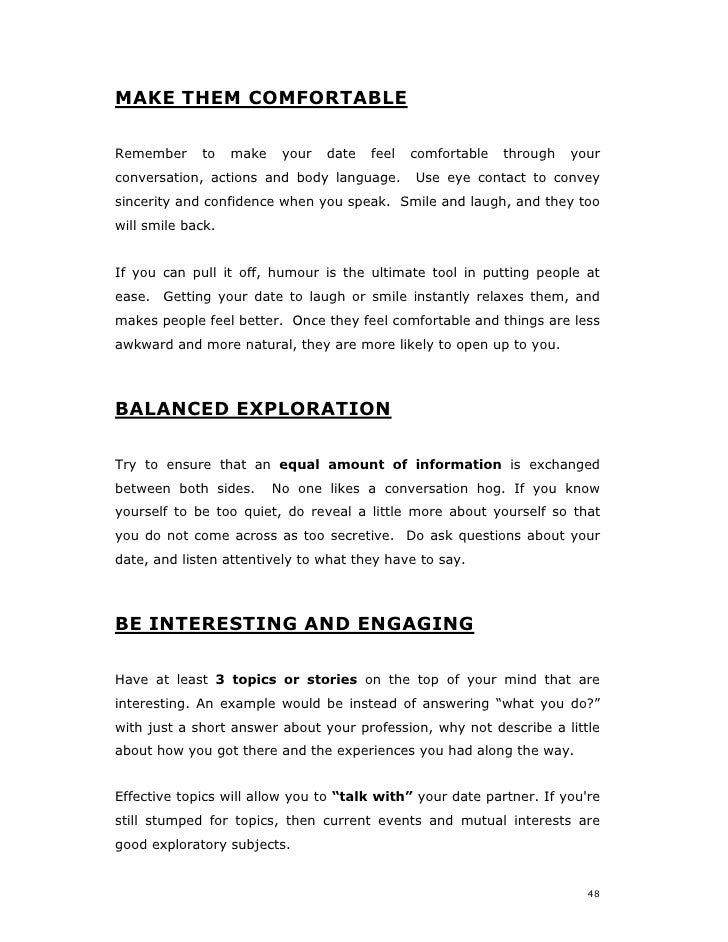11 Jul She’s additionally a psychotherapist, the author of this bestselling b k “13 Things Mentally Strong People Don’t Do,” plus the host associated with the Verywell Mind Podcast.
How Positive Affect Combats Stress

Amy Morin, LCSW, is the Editor-in-Chief of Verywell Mind.
Martin Barraud / Getty Images
"Positive affect" refers to one’s propensity to have g d emotions and connect to other people along with life’s challenges in a way that is positive. Conversely, "negative affect" involves experiencing the world in a far more way that is negative feeling negative emotions and more negativity in relationships and environments.
These two states are independent of 1 another, though associated; some one can be saturated in positive and affect that is negative high in just one, or lower in both. Both states affect our lives in lots of ways, particularly when it comes to stress and how we handle it.
Positive Affect and Stress
Positive affect is related to other characteristics of people who tend to be happier, like optimism, extraversion, and success. Nevertheless, g d influence isn’t just another by-product of the happy, less stressful life—it’s an influencing factor.  
G d impact brings lower levels of anxiety on its own. It’s not just that those who are positive and effective extraverts experience g d influence because they have a great deal to be delighted about, and they simply are already less stressed.
It is possible to experience greater resilience toward stress by just cultivating affect that is positive taking actions to get involved with a much better m d more often.
The Broaden and Build Theory

Psychologist Barbara Fredrickson has extensively researched the results of positive affect on anxiety and has come up with a type of how positive influence interacts with resilience, known as the "broaden and build" concept of g d therapy.
Fredrickson among others have found that whenever we give ourselves a g d start in m d, this will expand (or broaden) our perspective so that we notice more opportunities within our everyday lives, and also this allows us to more easily make use of (to construct upon) these resources.
